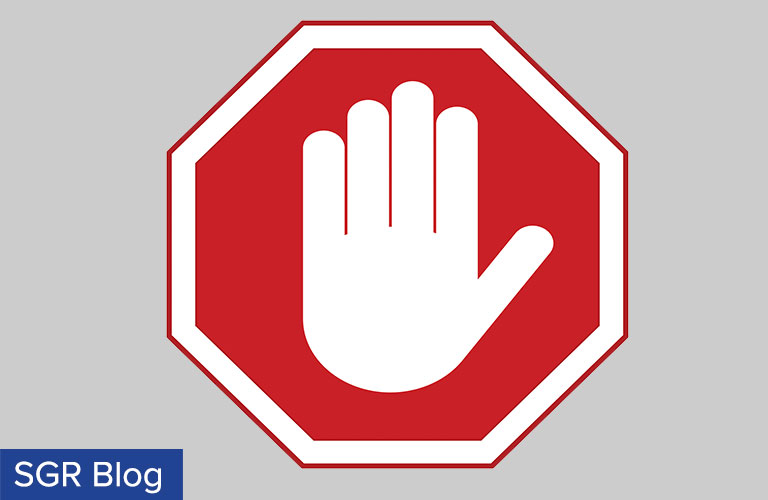
Rule 62 of the Federal Rules of Civil Procedure[1] addresses a stay of proceedings to enforce a judgment. Amendments to Rule 62 became effective on December 1, 2018. The amendments reorganize the Rule somewhat, clear up some confusing timing issues, and replace the term “supersedeas bond” with “bond or other security.”
As to timing, amended Rule 62(a) extends the automatic stay of judgment enforcement from 14 days to 30 days following entry of judgment. According to the Advisory Committee, this change from 14 to 30 days resolves an “apparent gap” between the expiration of the automatic stay after judgment and the 28 day time period for filing certain post-judgment motions. Changing the automatic stay period to 30 days also coincides with the time period to file most appeals. Additionally, parties can now rely on the amended Rule 62 automatic stay during the 30 day time period. However, amended Rule 62 also permits the court to dissolve the automatic stay by court order. The Advisory Committee offered the following example of when a court might dissolve the automatic stay: when there is a risk that the judgment debtor’s assets will be dissipated absent immediate enforcement of the judgment.
Regarding security, amended Rule 62(b) also permits a party to obtain a stay by posting a bond, which was already in the Rule, or other form of security, which is new to the Rule. The previously mentioned extension of the automatic stay to 30 days allows more time for a party to take action to arrange a stay by posting a bond or other form of security. Such a stay takes effect when the court approves the bond or other security and remains in effect for the time specified in the bond or security.
[1] https://www.law.cornell.edu/rules/frcp/rule_62

